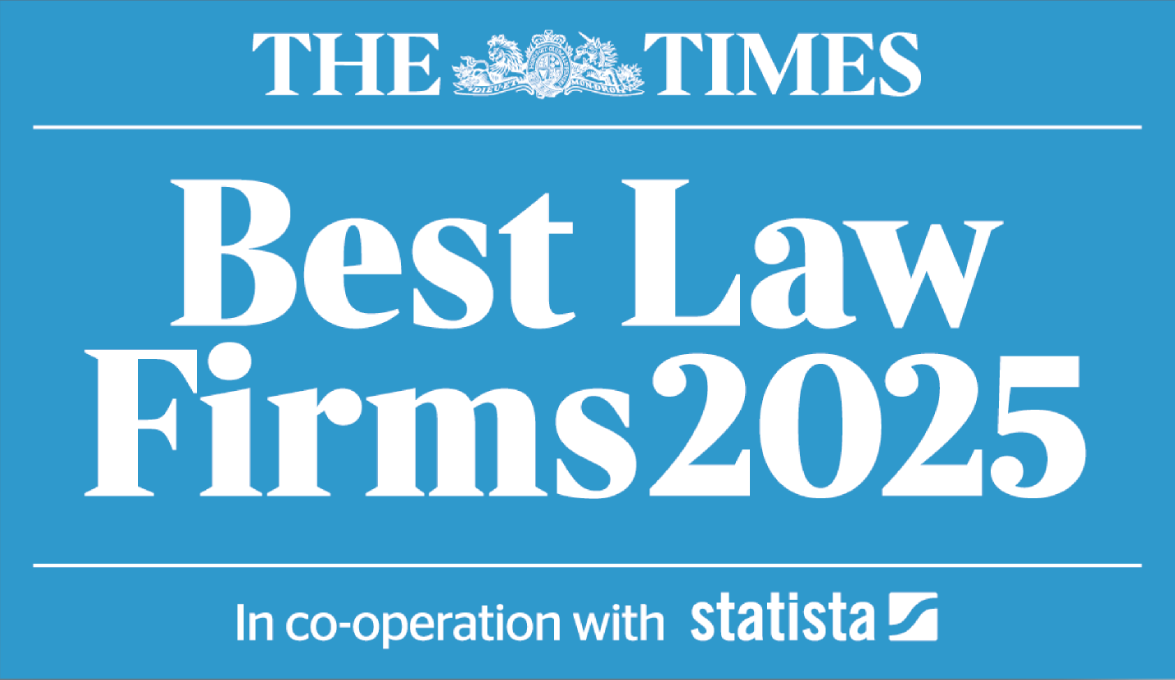Corporate Insolvency UK Legal Advice
Administration
Administration is a procedure of insolvency used to protect a company from creditors whilst is is being restructured either to be sold or to continue as a going concern. During administration, a licenced insolvency practitioner will manage the company’s affairs.
Pre-pack Administration
Pre-pack administration occurs where a business is sold immediately after entering into administration. Usually, the pre-pack deal has been organised ahead of the company being put into administration. A pre-pack administration is highly regulated and may only be used where the highest value for the business can be obtained. A pre-pack administration is beneficial in a number of ways, and normally saves more jobs than any other form of insolvency procedure.
Liquidation
Liquidation is the process used to wind up a limited company in the UK. In liquidation, the assets and property of the company will be sold in order to pay back creditors. If the company is solvent on liquidation the cash generated may also be distributed amongst shareholders.
Compulsory Liquidation
Compulsory liquidation occurs when a winding up order is made in Court. Winding up orders are made on petition, normally by a creditor. In these circumstances, the company Directors have no control over when this procedure occurs and it is very rare for any art of the business to be rescued after going into compulsory liquidation. If your company is insolvent, contact our solicitors today to find out whether voluntary liquidation may be a better option allowing you more control over the affairs of the company.
Creditors Voluntary Liquidation
This is the most common type of liquidation and occurs when the shareholders decide to wind up a company that is no longer solvent.
Members Voluntary Liquidation
Members voluntary liquidation occurs where the shareholders of a company have enough assets to pay all the debts of the company. This is a tax efficient method of distributing surplus cash in a company back to the shareholders.
Will my company be dissolved?
The Companies Act outlines procedure for non-trading or dormant companies to be dissolved.
This means that the company will be removed from the Companies register. However, contracts and relationships will not be terminated and dissolution of a company should not be used to avoid liquidation. Claims against a company can carry on for 20 years, and the company may be reinstated and then put into liquidation to pay back creditors.
Personal Insolvency – Insolvency / Bankruptcy Legal Advice for Company Directors
Voluntary Arrangement – Voluntary arrangements come in multiple forms; a Company Voluntary Arrangement, Partnership Voluntary Arrangement or Individual Arrangement. Voluntary arrangements are legal procedures which allows a company, partnership or individual to come to an agreement with its creditors that is legally binding, and outlines how the debt owed is to be repaid. In order to enter into a voluntary arrangement, 75% of all creditors must agree to the terms of the arrangement. However, the final arrangement will be binding on all creditors.
Bankruptcy – Bankruptcy occurs where an individual becomes insolvent. In bankruptcy, the financial affairs of the individual are administered by a Trustee. The Trustee’s role is to distribute the bankrupt person’s assets amongst their creditors in alignment with the order of preference. Bankruptcy begins when a court makes a Bankruptcy Order against the individual.





